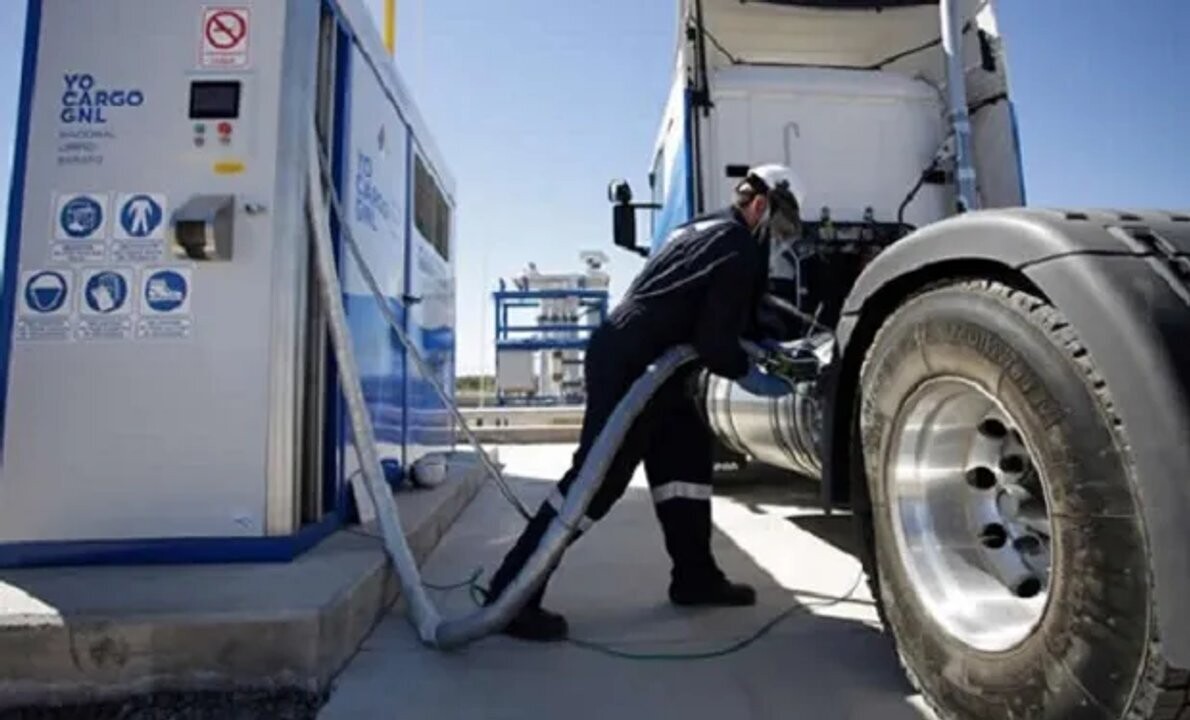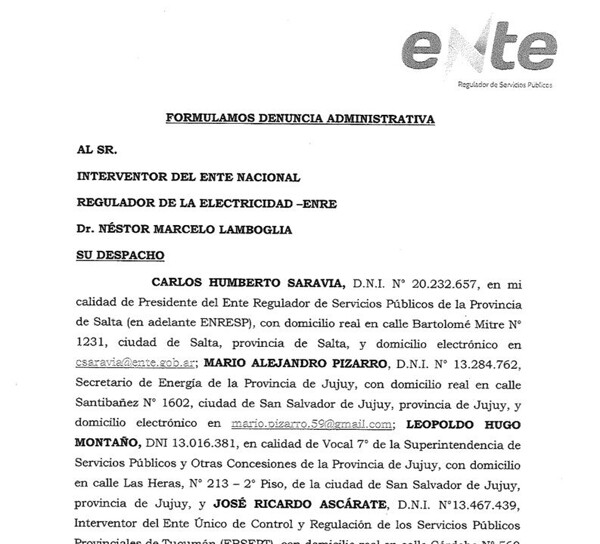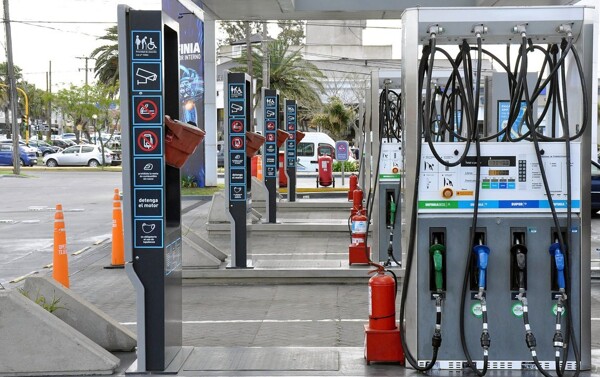
By the year 2026, Argentina plans to have approximately 450 compressed natural gas (CNG) charging stations intended for heavy transport, aiming to move towards more sustainable energy. This news was shared by the National Gas Regulatory Entity (Enargas) during the celebration of the Service Station Summit. The event, organized by the specialized media Surtidores, included the participation of government officials, executives from oil companies, energy experts, and technology providers.
As part of this initiative, the company YPF is focused on improving the efficiency of all processes in its business, from oil extraction in Vaca Muerta to marketing in its extensive network of 1600 service stations. To achieve this goal, the oil company plans to implement digital tools and artificial intelligence to closely monitor all operations related to its stations, allowing it to manage fuel demand more effectively.
Maite de la Arena, Executive B2C Manager of YPF, shared details about the new pricing management model during her participation in the Service Station Summit. This model includes a real-time monitoring room that will provide detailed information about sales, fuel demand, the service cycle of each dispenser, and the availability of supplies at each station. With this information, the company will be able to analyze demand behavior, adjust prices, and offer a more efficient service.
On the other hand, Lucas Woinilowicz, Sustainable Transport Manager of Scania Argentina, emphasized the importance of natural gas as a starting point for decarbonizing the Argentine energy sector. He highlighted that CNG is fundamental for the transition to using biomethane as fuel for heavy transport, as it is highly efficient and helps reduce CO2 emissions by up to 90%. Scania continues to promote the use of alternative fuels to diesel in search of more sustainable transport and more efficient operating costs.
Scania is also developing projects in collaboration with YPF and other key players to have a fleet of trucks powered by biomethane by the end of the year. According to Woinilowicz, biomethane is the most effective option for reducing the carbon footprint in the short and medium term in Argentina. He considers it crucial to consolidate a solid base of vehicles using natural gas to facilitate the transition to cleaner and more sustainable energies in the future.














